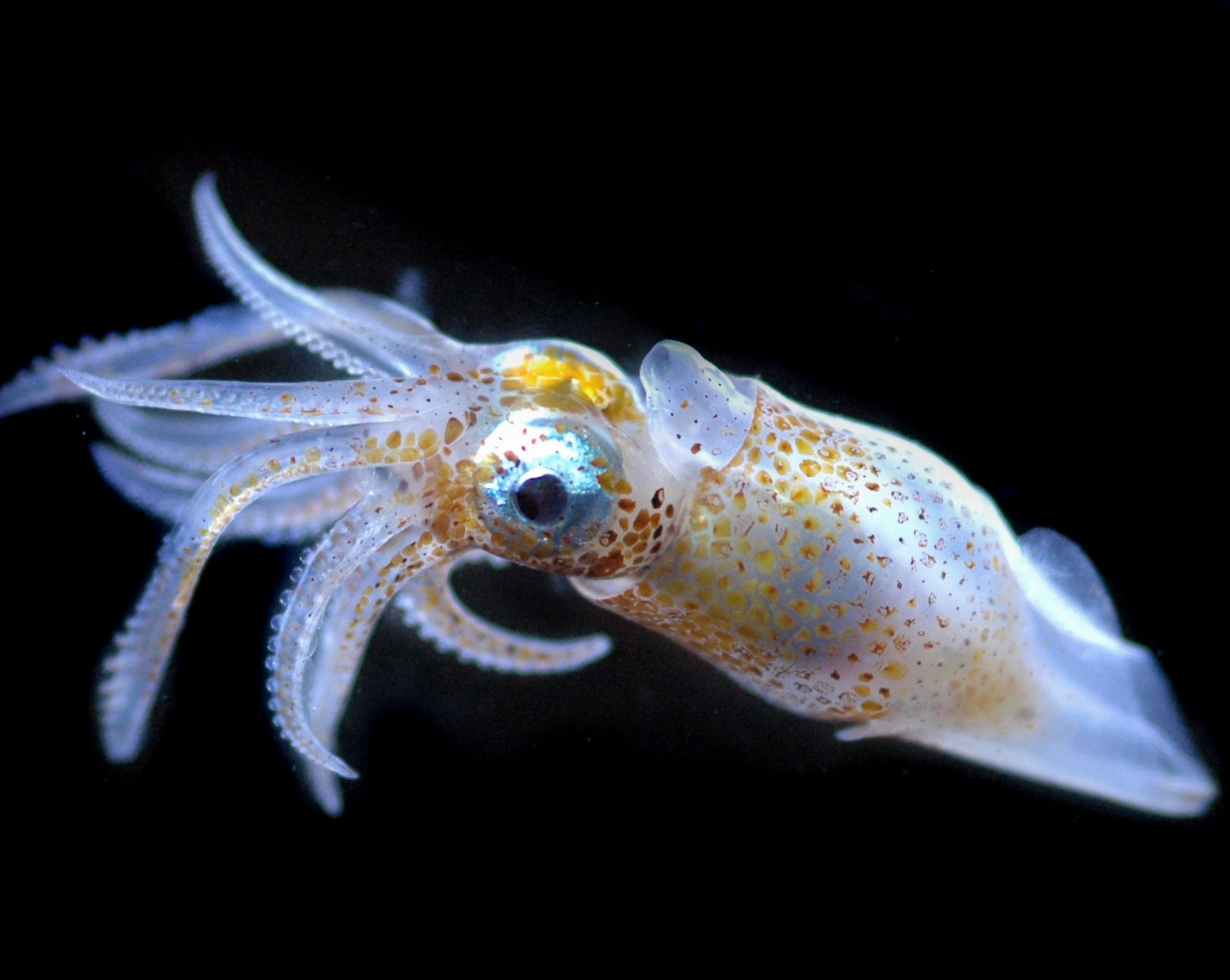
By Lee Anna Sherman
Veterinarians, as everyone knows, care for dogs, cats and livestock. Less well-known is their role in safeguarding human health.
“It’s important to point out the strengths and critical assets that veterinarians bring to public health,” observes Cyril Clarke, Lois Bates Acheson Dean of Veterinary Medicine.
Clarke ticks off the key intersections of animal-human health one by one. First, the vast majority of emerging infectious diseases worldwide — swine flu, avian flu, HIV-AIDs and Ebola, to name a few — have animal origins. Next, 80 percent of pathogens that pose a national-security threat — infectious agents like anthrax, for instance — are transferred to humans from animals. And food-borne illnesses such as salmonellosis and E-coli infection, which sicken thousands of Americans each year, typically are traced to livestock.
“Veterinarians really are the guardians of a safe food supply,” says Clarke, who grew up in South Africa and began eyeing a veterinary career during summers at his grandparents’ farm near Kruger National Park. “They are responsible for investigating the causes of diseases linked to contaminated foods and for maintaining a healthy food supply.”
Too, animal studies can reveal the causes of and cures for human illnesses. Researchers have developed well over 400 animal models of human disease, Clarke says. Studies with mice, for instance, have resulted in new understandings of tumor progression in lung cancer, as well as suggesting new diagnostic methods and therapies. Golden retrievers, which can carry spontaneous mutations in the dystrophin gene that causes a condition similar to Duchenne’s muscular dystrophy, have shed light on this lethal childhood disease.
Clarke’s own research program at Oklahoma State University, in fact, was funded in part by the National Institutes of Health and other agencies that support human health studies. That’s because his investigations of microbial pathogens in bovine respiratory disease — studies spurred by his initial professional interest in agriculture and livestock — illuminated principles of immune response and antimicrobial resistance that have applications in human health.
It is at this nexus of human-animal health where Clarke and his OSU colleagues in the human health sciences are laying the groundwork for a signature program that they hope will gain recognition nationally and internationally — what he calls an “area of critical mass and excellence.” Clarke is working closely with fellow deans Tammy Bray (College of Health and Human Sciences) and Wayne Kradjan (College of Pharmacy) to design a multidisciplinary research and graduate program that will blend together and build upon OSU’s strengths in the health sciences. Under the university’s realignment plan, the three colleges are being folded into an overarching Division of Health Sciences.
“As we look to the future, the College of Vet Med will have a much larger research program — one that is overlaid and undergirded by an inter-departmental, cross-disciplinary graduate program in comparative (cross-species) health sciences,” says Clarke. “We will also be enhancing our opportunities for outreach so that we can extend new knowledge to our stakeholders and constituents.”
To support the College of Veterinary Medicine at OSU, contact the Oregon State University Foundation.




